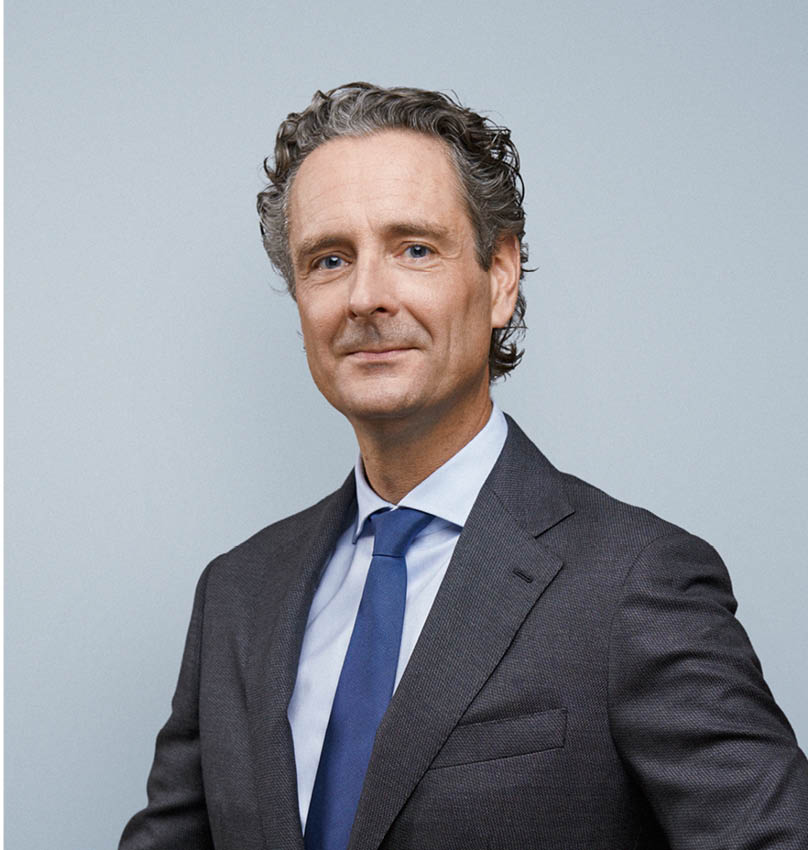Criminal offence or professional error can continue to haunt you
13-11-2018
In a recent judgment, the European Court of Justice ruled on the interpretation of Article 57 paragraph 6 of Directive 2014/24. The Netherlands has incorporated this paragraph of the Directive into Section 2.87a of the Procurement Act 2012. Although the case concerned a matter that took place in Germany, the judgment will probably also be relevant to the Dutch situation.
This case concerned the question as to when a company to which a ground for exclusion applies has adopted sufficient measures to reform itself and can therefore nonetheless participate in a tendering procedure. The Procurement Act contains mandatory and optional grounds for exclusion for European tenders. A contracting authority must exclude a company if it has been irrevocably convicted of a criminal offence as listed in Section 2.86 paragraph 2 of the Procurement Act (including participating in a criminal organisation, bribery, fraud, child labour or non-payment of taxes), within the past five years. The contracting authority may choose to use optional grounds for exclusion as listed in Section 2.87 paragraph 1 of the Procurement Act (including violations in the area of the environment, social security and labour law, a violation of competition rules, false statements or a serious professional error) to exclude a company on this basis.
If there is a ground for exclusion, the company must be given the opportunity to provide evidence that it has taken sufficient measures to demonstrate its reliability. This may mean that the company pays compensation in respect of any damage caused by criminal offences, has contributed to the clarification of facts and circumstances by actively cooperating with the investigating authorities, and has taken concrete technical, organisational and personnel measures that are appropriate to prevent further criminal offences or errors. The contracting authority may assess whether this evidence is a sufficient basis for not excluding the company (Section 2.87a of the Procurement Act). In principle, if authorities (such as the Netherlands Authority for Consumers and Markets (ACM) are entrusted with investigating certain infringements, the contracting authority should base its assessment of the company’s evidence on the outcome of that procedure. However, German law stipulates that, in addition to active cooperation with the investigating authorities, the company must also cooperate with the contracting authority.
The Court ruled in this judgment that national law may provide that the contracting authority may also require this cooperation from the company, but that in practice this collaboration must be limited to the measures which are strictly necessary for the purpose of Article 57 paragraph 6 of Directive 2014/24 (Section 2.87a of the Procurement Act). Therefore, it may be the case that a company that previously violated competition rules is not completely off the hook yet, not even if it has actively cooperated in the investigation by the competition authority and paid a fine. The contracting authority may also ask the company to provide the relevant decision of the competition authority. In addition, evidence which the company had to provide to the competition authority may be requested by the contracting authority. The contracting authority must be satisfied that the measures taken against the company are appropriate to prevent a repetition of the conduct complained of, having regard to the specific circumstances in which those infringements were committed.
Although Dutch law contains no provision stating that the company must also cooperate with the contracting authority, the judgment of the European Court of Justice may nevertheless be relevant to the Dutch situation. This is because the application of Section 2.87a of the Procurement Act effectively revolves around whether the contracting authority is convinced that the facts and circumstances relating to the criminal offence or the error have been fully clarified. Therefore, even in the Netherlands, such a criminal offence or professional error can continue to haunt you.
This is a Legal Update from Walter Engelhart.
